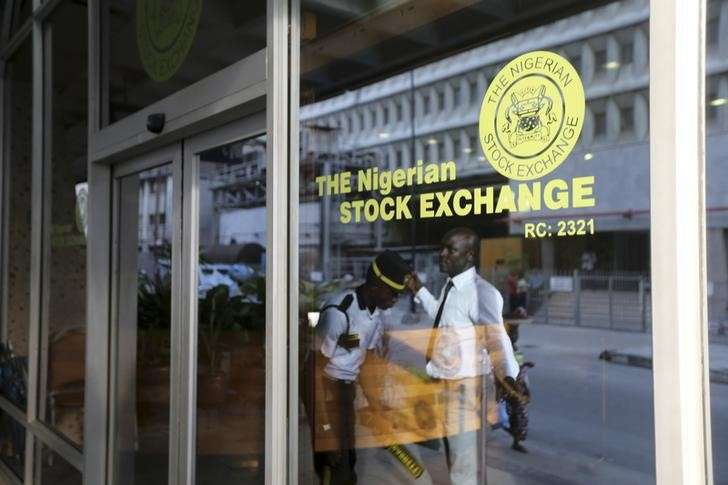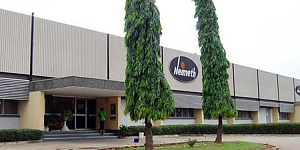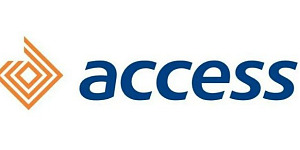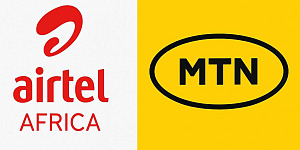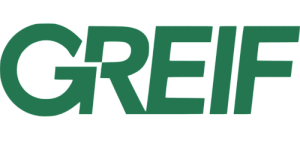The Nigerian Stock Exchange (NSE) is pleased to announce the review of the NSE indices, namely:
The NSE 30
The NSE Lotus Islamic Index
The NSE Banking Index
The NSE Consumer Goods Index
The NSE Oil & Gas index
NSE Pension Index
The NSE Industrial Goods Index and
The NSE Insurance Index.
The composition of these indices will be effective on January 1, 2016 after the completion of the year-end review and index rebalancing exercise which will see the entry of some major companies and the exit of others from the various indices.
Below is a summary of the indicative trends of the review.
| Index Name | Incoming Firms | Exiting Firms |
| NSE 30 index | | |
| NSE Consumer Goods Index | No Change | No Change |
| NSE Banking Index | No Change | No Change |
| NSE Insurance Index | ||
| NSE Industrial Index | No Change | No Change |
| NSE Oil & Gas Index | No Change | No Change |
| NSE Pension Index | ||
| NSE Lotus Islamic Index |
The Nigerian bourse began publishing the NSE 30 Index in February 2009 with index values available from January 1, 2007. On July 1, 2008, the NSE developed four sectorial indices with a base value of 1,000 points, designed to provide investable benchmarks to capture the performance of specific sectors. The sectoral indices comprise the top fifteen most capitalized and liquid companies in the Insurance and Consumer Goods sectors, top ten most capitalized and liquid companies in the Banking and Industrial Goods sector and the top seven most capitalized and liquid companies in the Oil & Gas sector.
In July 2012, the Nigerian bourse launched The NSE Lotus Islamic index (NSE LII) which consist of companies whose business practices are in conformity with Shari’ah investment principles, with the aim of increasing the breadth of the market and creating an important benchmark for investments as the alternative non-interest investment space widened. The companies that appear on the Islamic Index have been thoroughly screened by Lotus Capital Halal Investment, in accordance with a methodology approved by an internationally recognized Shari’ah Advisory Board comprising of renowned Islamic scholars.
The Nigerian bourse also launched The Premium Board Index, an equity index designed to provide a benchmark to capture the performance of companies listed on the Premium Board in August 2015. The index provides a basis for developing products (such as ETFs and equity index derivatives) that are tradable on the bourse. The NSE Premium Board Index had a four year average return of 11.04% versus the All Share Index return of 7.3% over the same period. The Premium Board is for issuers with a minimum market capitalization of N200bn who voluntarily adhere to meet an independently verified standard of stringent corporate governance standards. Companies aspiring to be listed on the Premium Board must achieve a minimum score of 70% on the rigorous Corporate Governance Rating System (CGRS). In addition, they are required to maintain a minimum free float of 20% of their issued share capital or a free float value equal to or above N40 billion.
The price indices, which were developed using the market capitalization methodology, are reviewed and rebalanced on a bi-annual basis - on the first business day in January and in July.
The compiler of the indices maintains the right to modify the circulated selection above in connection with any mergers, takeovers, suspension or resumption of trading or any other company structure changes during the period before the effective date of the annual review.




